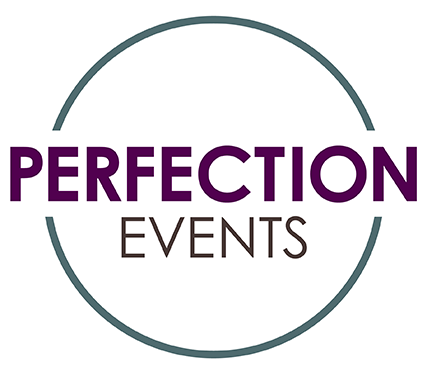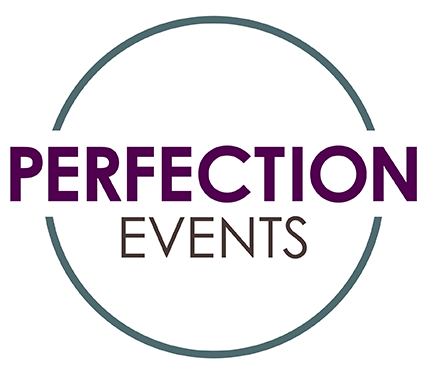So, there’s an old adage: “If you aim for nothing, you’ll hit it every time.” I always thought this was just some sly way for parents, teachers… well adults in general to trick me into sharing my goals for the sole purpose of holding me to attaining them. Nonetheless, some 20+ years later I find myself parroting these same words of wisdom to clients, colleagues, friends, and [gasp] even my own children! And to think, I’ve even built the premise of my company’s approach to event design on this core value… Yep, it’s right there in the: “What do you need guests/attendees/participants to know, feel and DO as a result of this meeting or event?” opening dialogue with our clients. Why? Because as much as I hated to admit it then, I’ve found this advice to be spot on [pun intended, unfortunately].
I mean, when I really considered it, there has not been one accomplishment in life that I’ve attained without some sort of goal – but if I had, I technically wouldn’t know since I hadn’t set out to attain it. Yes, it’s a chicken and egg sort of thing – if you don’t know where you’re going, how will you know if you’ve arrived? Past the fun of being philosophical, there’s great truth to be discovered here: we are living in a time where resources are limited and some of the things we value most are being threatened – why would we want to invest those limited resources (some of which can never be replaced, like time) in areas where we are unsure of what we will receive in return? So, in the case of the “I don’t have time for that” objection, I submit that we don’t have the time not to do it.
With that foundation laid, I want to encourage you that, even when time is limited, goal setting for your upcoming meeting or event can still be effective, when approached quite simply. It’s a quick conversation with your team on expected end results (or with yourself, if you’re a team of one… we’ll forgive you for talking to yourself :) ). An easy way to get this dialogue going is by fill-in-the-blank statements like:
- After this event people will…
- After expenses, our take-home dollars will be…
- In the ensuing months, our membership will grow by ___%
(These are just some ideas to get you going – of course it will be totally up to you to make them work in your world.)
After you get these initial goals in place, just tighten them up by making them SMART (Specific, Measurable, Attainable, Realistic, and Time-Sensitive). So an example of the transformation from loose to SMART would be:
- From: After this event people will become donors to our charitable foundation.
- To: Within 14 days of this event, 5 of our 20 attendees who received complimentary tickets will pledge to be new donors at the $2,000 annual giving level.
And voila! After just a few minutes, we’ve come up with a way to be sure our precious resources are not spent working toward the unknown. And, trust me – achieving is the ultimate high of mere doing. Not to mention, actually attaining what you said you would buys you bragging rights on the matter (if you don’t need them now, just tuck ‘em away for a rainy day).
Sooooo Tell Me About It…
Ever applied Goal-setting to meetings or events? Share your experiences, questions, and thoughts! And, stay tuned we’ll be taking this topic all the way to strategic planning. Travel with me if you dare!

